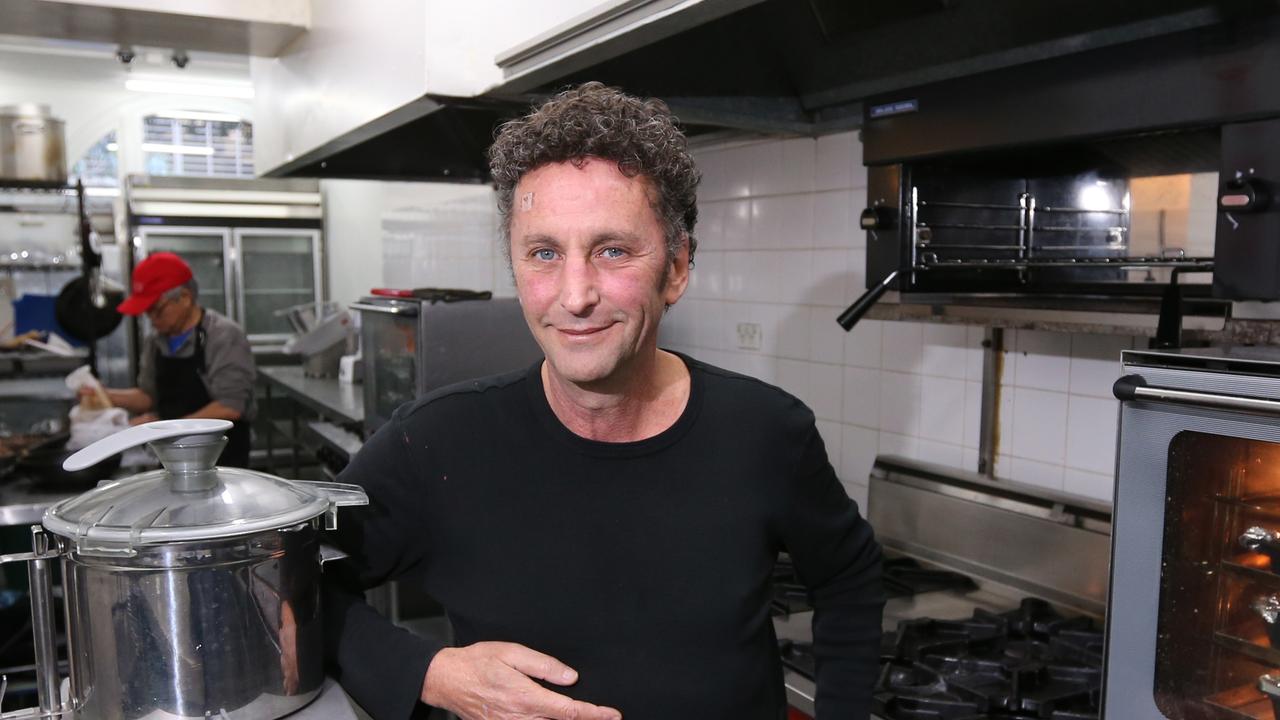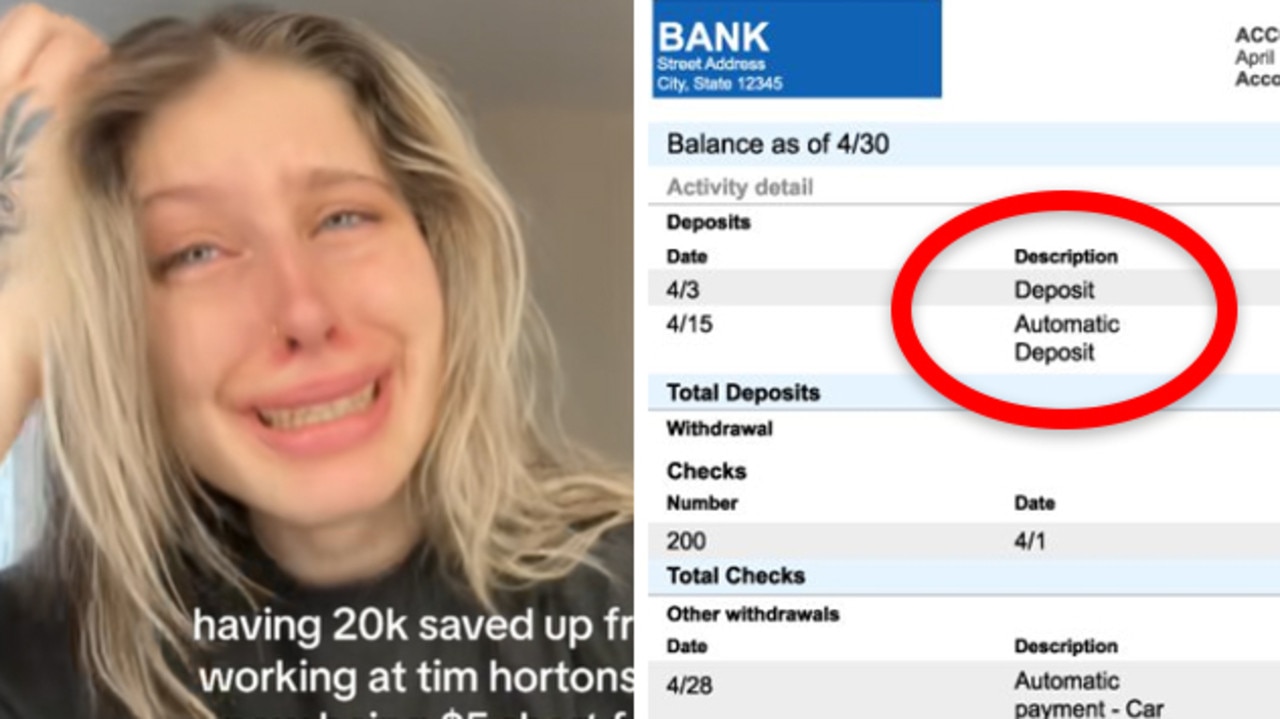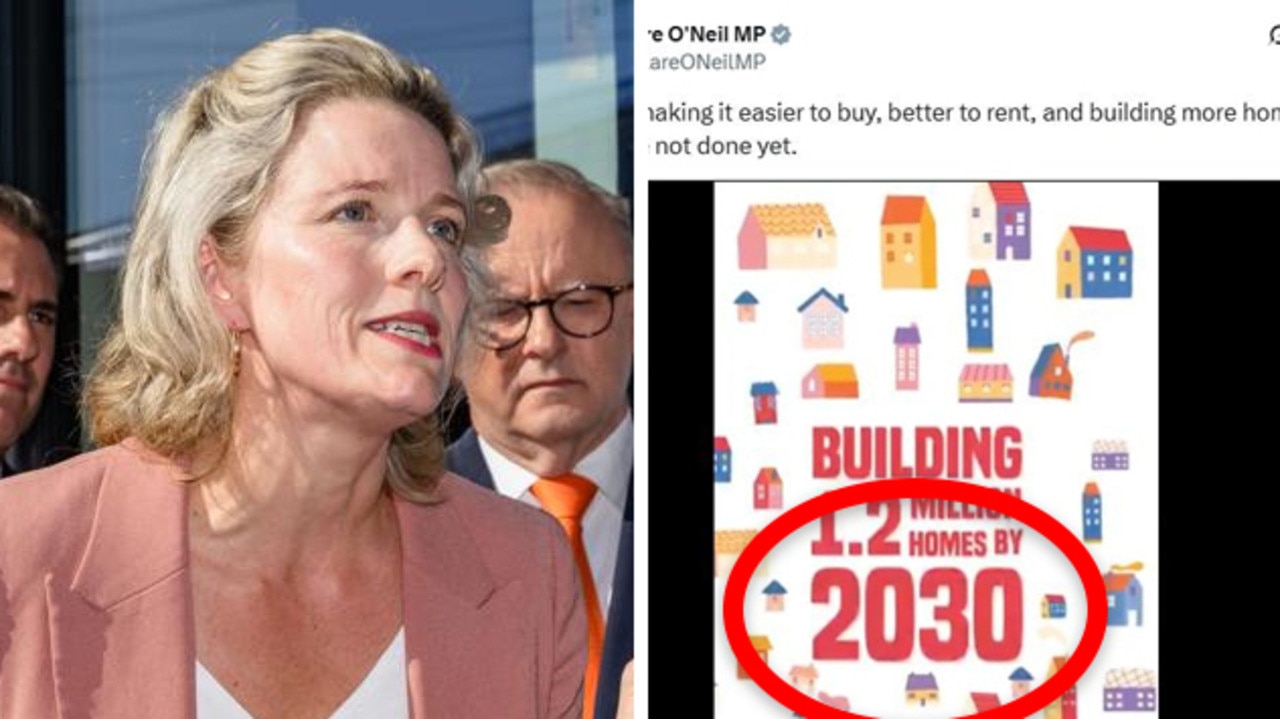Low-income renters priced out of every capital city, Everybody’s Home report finds
Vulnerable renters in one group are now completely priced out from renting in all capital cities across Australia, a new report has found.

Struggling Australians on income support are now either completely priced out of, or navigating severe rental stress across all capital cities and major regional centres across Australia due to rising prices, with one advocacy group calling for urgent action.
Defining rental stress as situations where more than 30 per cent of a person or household’s income is being spent on rent, Everybody’s Home Priced Out Report found individuals receiving $499 a week through Jobseeker and Commonwealth Rent Assistance payments would not be able to afford the average weekly rent of $547 across Australia.
Cost pressures were more extreme for vulnerable renters in capital cities, where the average weekly rent for units is $621, which would leave someone on the age or disability support pension with just $8 a day after paying rent.
Jobseeker recipients would need to fine another $122 a week in order to cover the escalating rents.
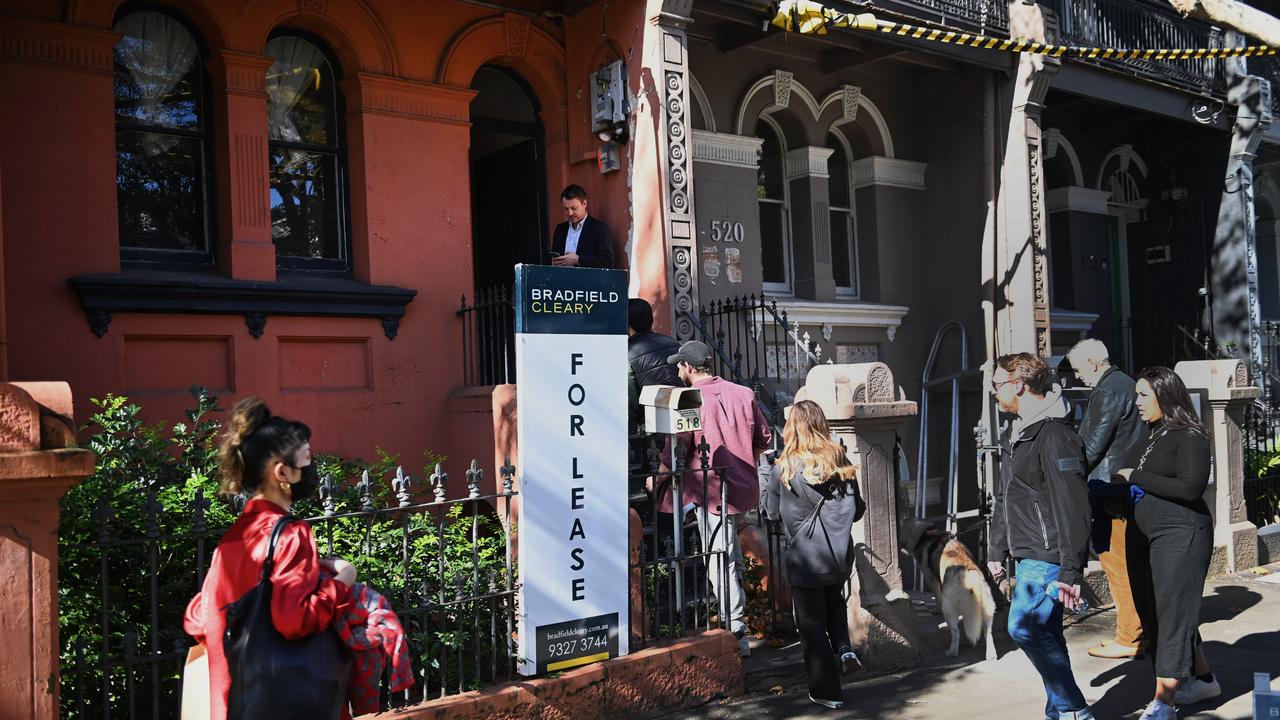
The report also found people on minimum wage would also be in rental stress.
Low-income renters who in capital cities and work in full-time minimal wage jobs would still have to use 78 per cent of their $800 weekly income to cover housing costs, leaving them with $379 leftover.
A couple on minimum wage with two children would still be spending 34 per cent on accommodation, with $1209 a week leftover.
Sydney was the most expensive capital city, with Jobseeker and the age and disability support pensions not enough to meet the average rents, while people in coupled households and higher payments had “dangerously little left over to meet other essential costs”.
While Adelaide was the most affordable state in the study, people on welfare payments would still be spending more than 50 per cent of their income on rent.
Despite indexation changes slightly boosting single Jobseeker recipients by $15.30 a fortnight and increasing the disability and aged care pension by up to $28.10 a fortnight, Everybody’s Home spokesman Maiy Azize said they were “falling short of what people actually need,” and being eclipsed by high rents, bills and the cost of essential goods.
While Commonwealth Rent Assistance payments were also boosted by 23 per cent on Friday, the report notes only one in four people on working age payments were eligible for payments and they weren’t structured to help people in sharehousing or informal housing arrangements.
“People on the lowest incomes are falling through the cracks – they’re becoming homeless, sharehousing well into their adult years, living in overcrowded homes, and unable to move out of the family home because there simply isn’t enough affordable housing for them,” she said.
“Even if they are willing to leave their communities, the pursuit to find and secure an affordable home elsewhere is dire.”
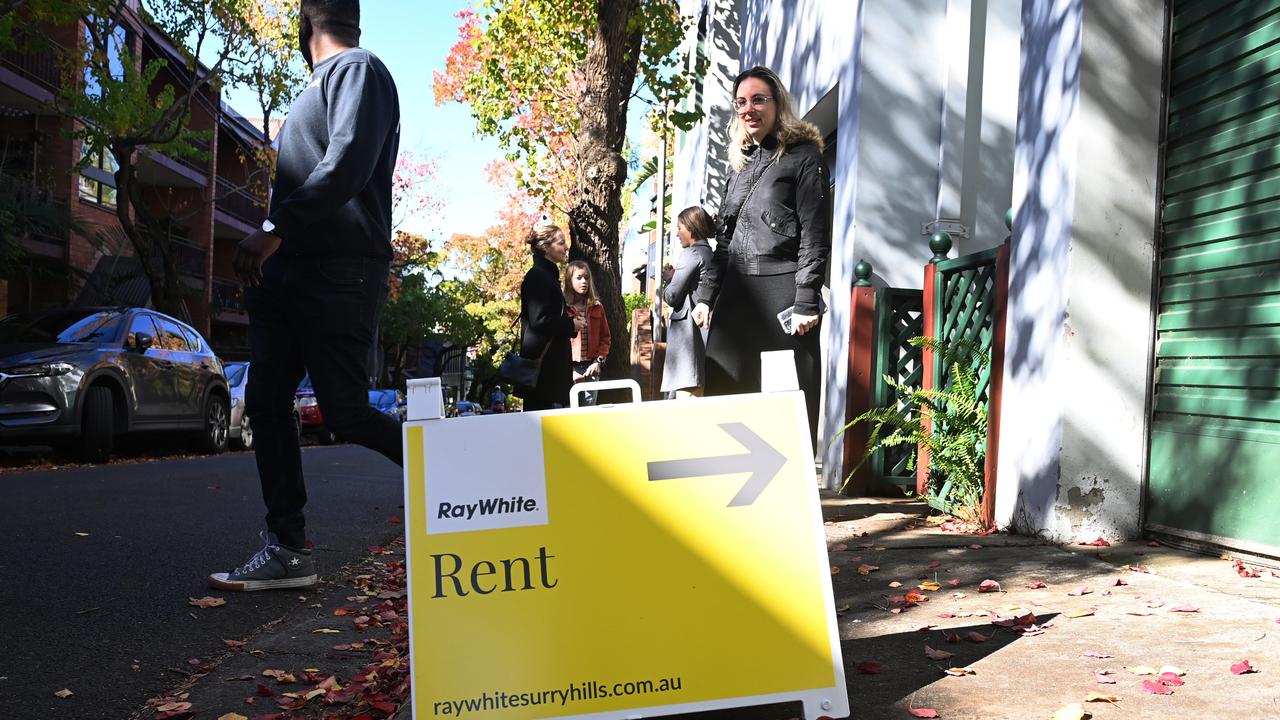
Ms Azize also called for urgent intervention by the federal government, including boosts to Centrelink payments, and social housing numbers, which currently are at a shortfall of 640,000 homes, and set to reach nearly 1 million within the next two decades.
“This desperate need for social housing doesn’t go away by hoping the private market will make homes affordable. That is the status quo, and it is clearly failing,” she said.
The report also made a number of other recommendations like a mandate from the Commonwealth for state and territory governments to uniformly end no-cause evictions, limit unfair rent increases, adopt minimum standards from rental homes and create an independent body to enforce rules and regulations.
It also proposed a phased approach to gradually reduce the benefits of the capital gains tax for investment homes over a 10-year period, which the report said would “guard against concerns about the impact of the reform on housing markets,” as well as phasing out negative gearing.
The report follows findings from the latest PropTrack Housing Affordability Report that found housing ability had deteriorated to its “worst level on record,” driven by high mortgage rates and increasing home prices.
Currently a typical median-income household – earning around $112,000 – can afford just 14 per cent of homes sold across the country, marking the smallest share of homes since records began in 1995, and declining from 43 per cent in just three years.
NSW, Tasmania and Victoria were named the states with the worst housing affordability rate.


